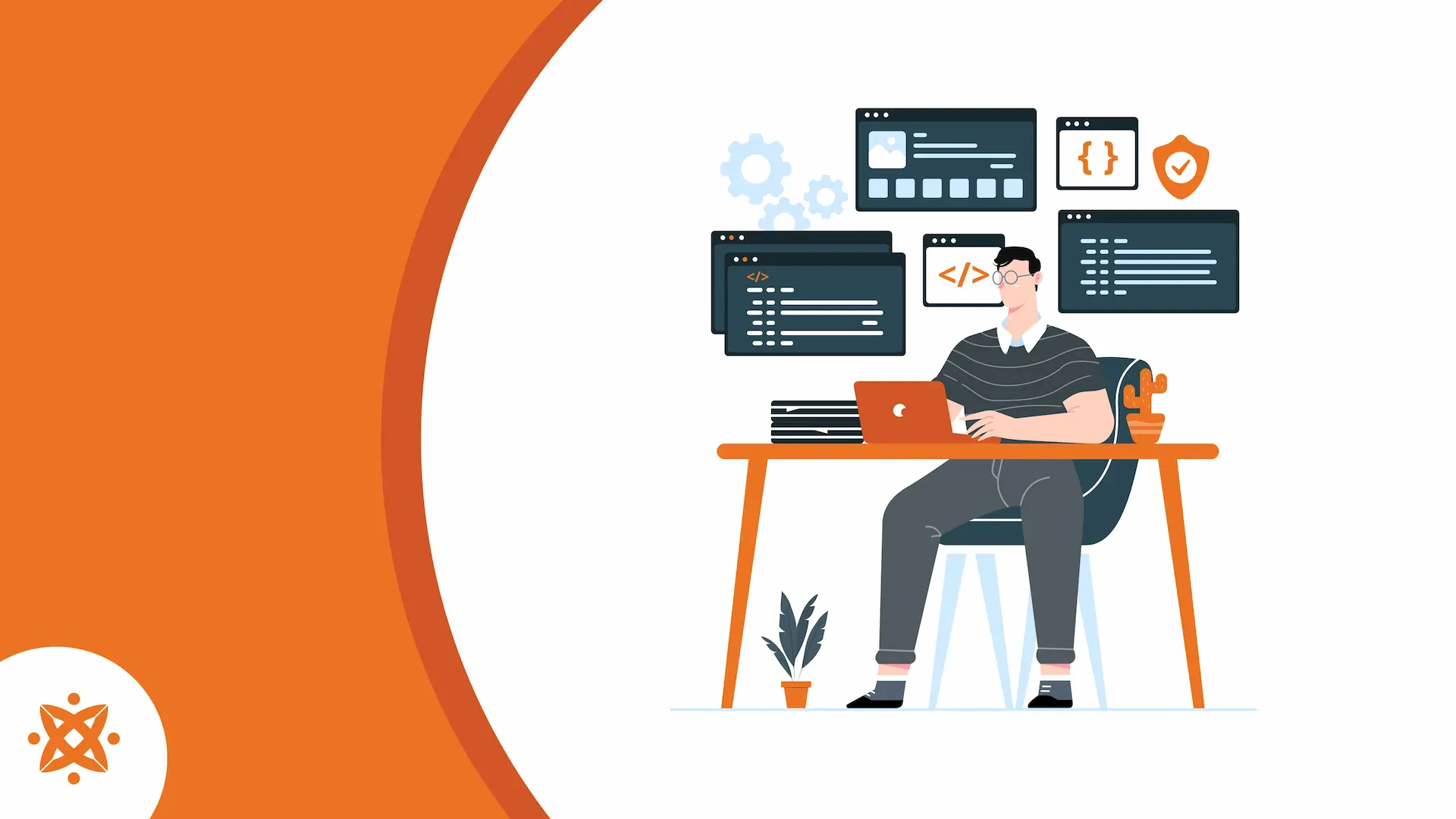
The importance of Android apps:
Mobile apps help us make our daily lives easier. It provides us with smart and fast solutions that minimize time and effort. For example:
- E-marketing: Like Amazon, which makes it easy to buy products.
- Transportation: Like Uber, which has made transportation more convenient and easy.
- Fitness and health: Like Fitness Pal, which helps monitor your health and optimize your lifestyle.
- Communication: WhatsAppand Telegramhave made the world more connected than ever before.
- Education: QuestionProand Duolingo, which help improve knowledge and develop skills.
- Entertainment: Like Netflix and Spotify, both of which offer an enjoyable experience for watching movies and series and listening to music.
| App Type | Development Timeline |
|---|---|
| Simple App | 2-4 months |
| Moderate App | 4-6 months |
| Complex App | 9+ months |
| Complex App | 9+ months |
The best programming languages for Android app development are listed below:
- Java
- Kotlin
- Kotlin Dart
- C++
- C#
- JavaScript
- Java
- Python
- React Native
- Swift
- Xamarin
- HTML and CSS
1. Java
Java is a general-purpose, object-oriented programming language widely used in Android app development. As one of the first of the official languages for Android, it is fully supported by Android Studio programming tools and provides strong compatibility with the Android SDK. Java’s robust architecture makes it suitable for large-scale, high-performance applications that require secure memory management and efficient multithreading.
Key features of Java include platform independence, object-oriented programming (OOP), standard APIs, automatic garbage collection, multi-threading support, and a scalable architecture.
Java is best for developing complex Android applications that require high performance, scalability, and long-term maintenance.
Pros:
- Fully supported by Android development tools like Android Studio.
- Strong object-oriented programming (OOP) principles for maintainability.
- Large community and extensive third-party libraries.
- Secure and efficient for enterprise applications.
Cons:
- Verbose syntax makes development slower compared to Kotlin.
- Higher memory consumption due to JVM overhead.
- Requires more boilerplate code, increasing complexity.
At Intelivita, we offer expert Cross-Platform Mobile App Development Services, leveraging the latest technologies to deliver high-performance apps that work seamlessly across both Android and iOS.
What is Android App Development?
Android app development is the process of creating applications for Android devices using languages like Java, Kotlin, and Dart. It involves coding, UI design, API integration, testing, and optimization to ensure functionality across different screen sizes and Android versions.
Apps are either native, built specifically for Android, or cross-platform, using frameworks like Flutter and React Native to run on multiple operating systems. Developers use Android Studio, SDKs, and other tools to build, test, and deploy applications for smartphones, tablets, and smart devices.
At Intelivita, we offer expert Cross-Platform Mobile App Development Services, leveraging the latest technologies to deliver high-performance apps that work seamlessly across both Android and iOS.
At Intelivita, we offer expert Cross-Platform Mobile App Development Services, leveraging the latest technologies to deliver high-performance apps that work seamlessly across both Android and iOS.
What Programming Languages Are Used for Cross-Platform App Development?
The common programming languages used for cross-platform app development are listed below:
- JavaScript – Used with frameworks like React Native, allowing developers to build apps that run on both Android and iOS from a single codebase.
- Dart – The primary language for Flutter, offering fast execution, a reactive UI framework, and support for multiple platforms.
- C# – Works with Xamarin to create cross-platform apps while maintaining access to native APIs and performance optimization.
- Python – Used with frameworks like Kivy and BeeWare, enabling code reuse for mobile applications across different operating systems.
- HTML, CSS, and JavaScript – Combined for hybrid app development with tools like Apache Cordova and Ionic, allowing web-based apps to function on mobile devices.
These cross-platform app development languages enable developers to write code once and deploy it across multiple operating systems, reducing development time and effort.

